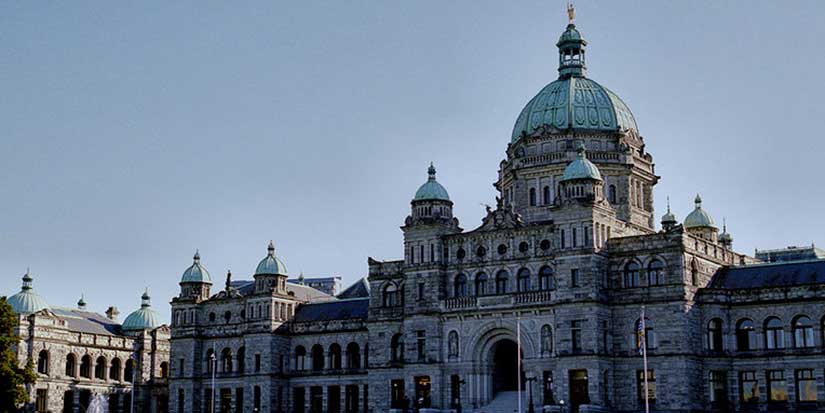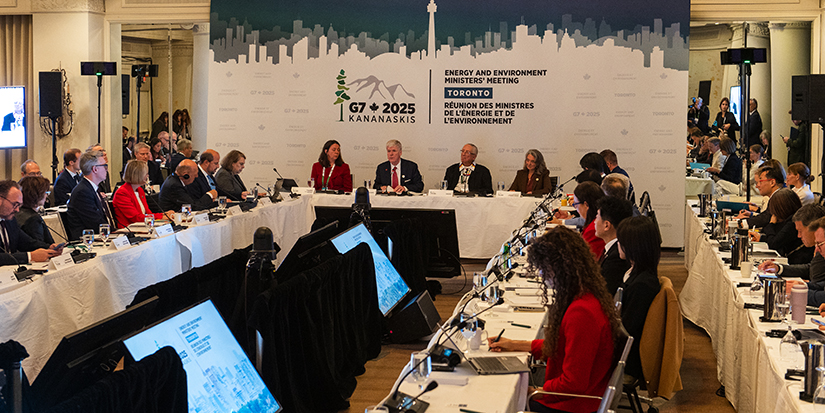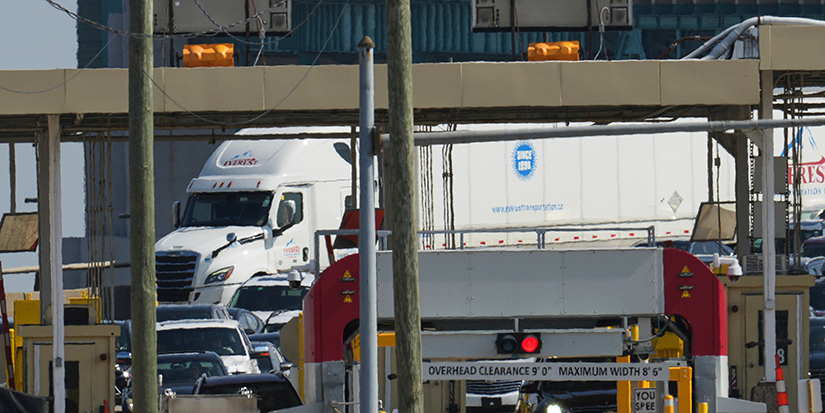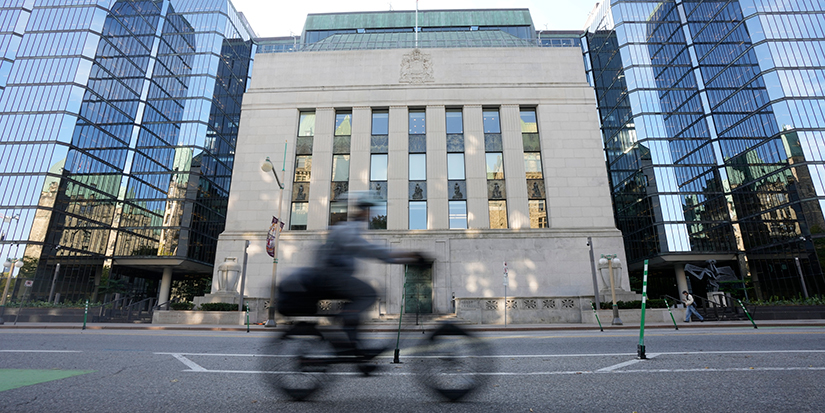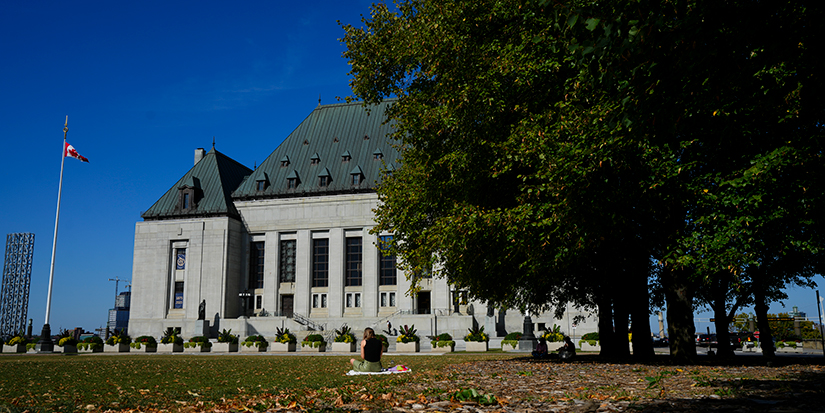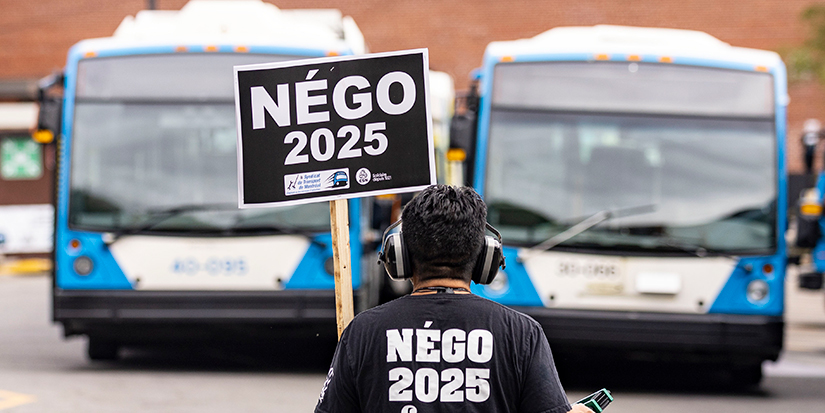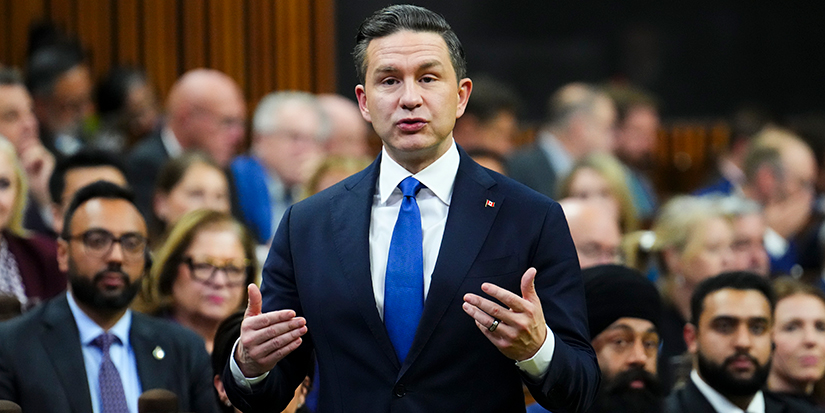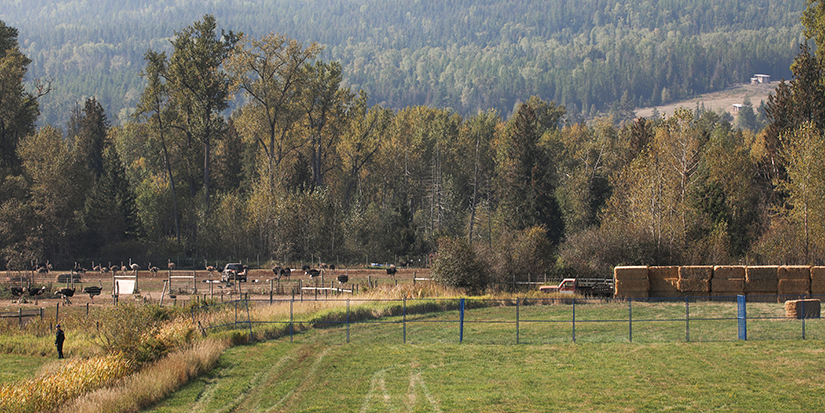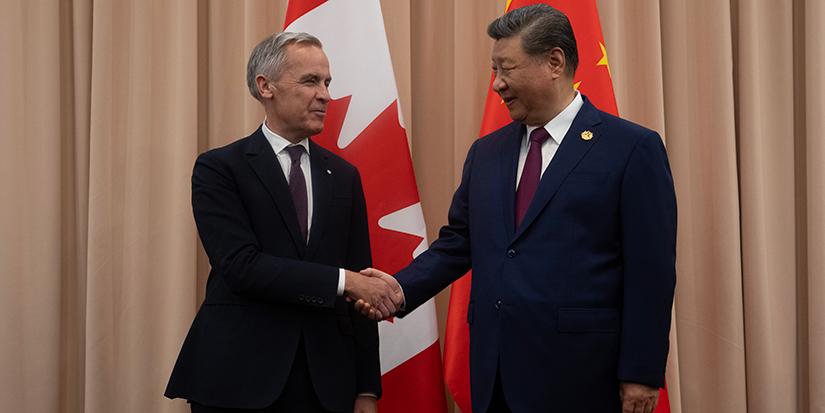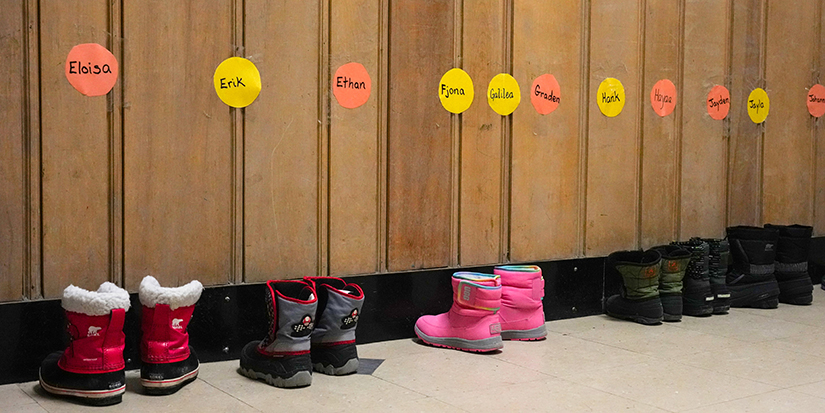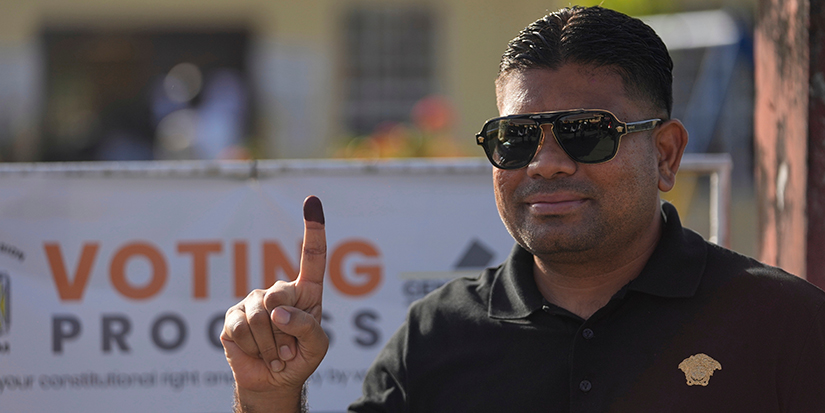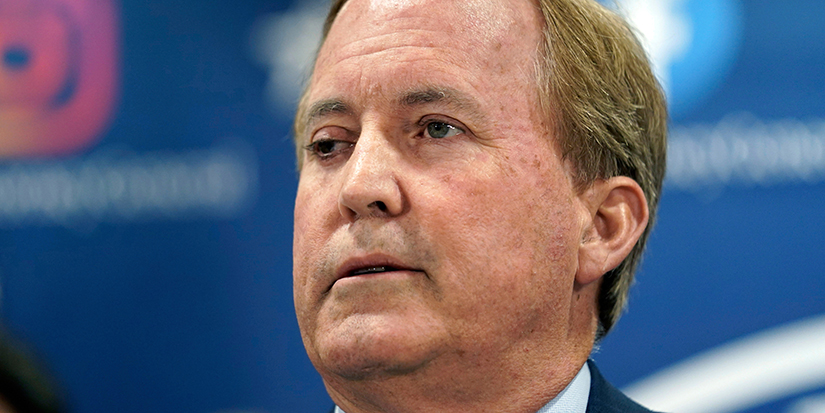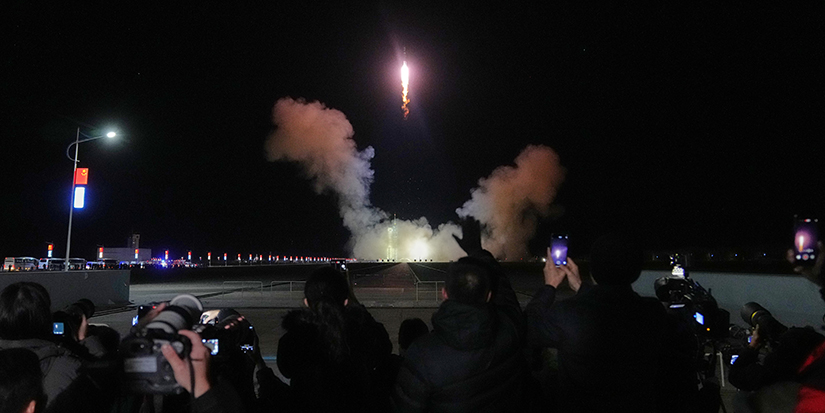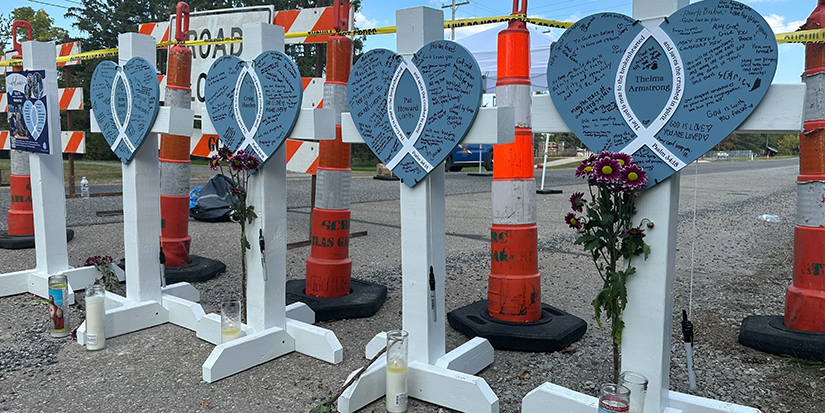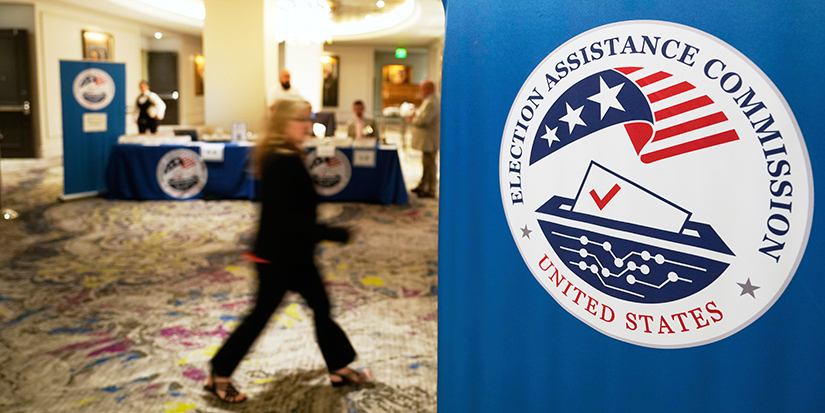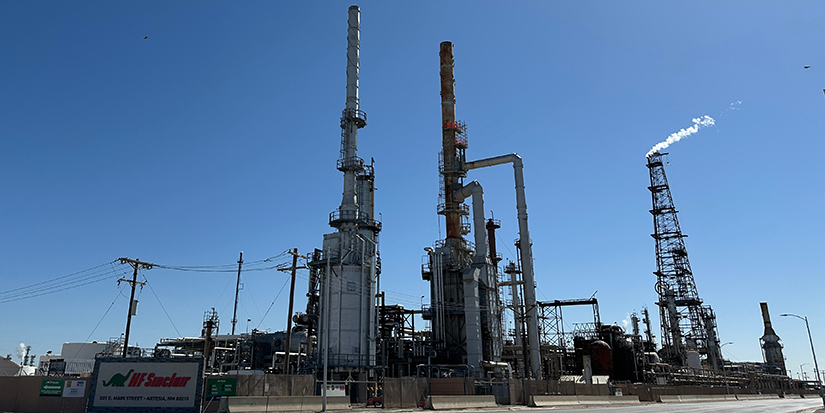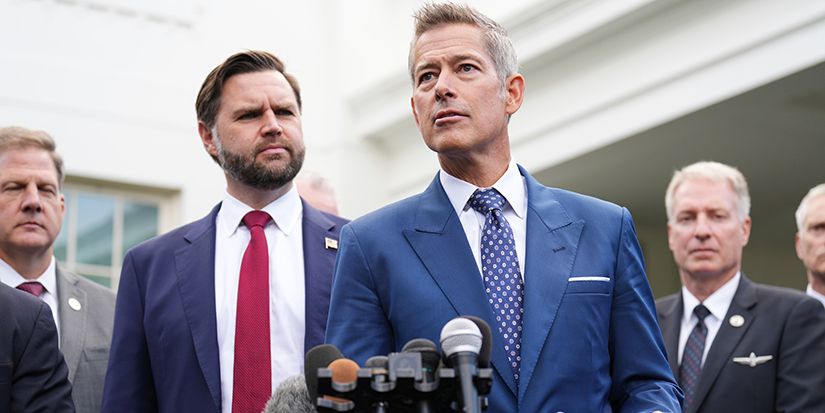Latest News
Province trains, recruits more allied health professionals

Published 10:22 PDT, Fri July 22, 2022
—
British Columbians will soon benefit from as many as 322 more allied health professionals supporting their health-care needs as new training seats are added to public post-secondary institutions throughout B.C.
Additionally, the province is providing bursaries to internationally educated allied health professionals and existing health authority employees to meet increasing demand for health professionals in B.C. and to help make training more affordable.
"Building up and supporting our health workforce is our biggest priority," said Adrian Dix, Minister of Health. "Our communities have been telling us how important the need for more health services is, and we are listening. You are heard. That's why we're supporting public post-secondary institutions to expand and create pathways to get more health workers into the system. We're on our way to seeing hundreds of new allied health workers join an incredibly rewarding long-term career. Our commitment does not stop here. We know more needs to be done, and we will continue our work to grow B.C.'s health-care workforce."
In B.C., the allied health workforce provides a range of preventative, diagnostic, technical, and therapeutic health care, as well as clinical support services. They contribute specialized expertise, education, research, and leadership, often working as integral members of a collaborative health-care team to improve the health and well-being of British Columbians.
The new training seats include:
• 278 ongoing allied health seats throughout the province
• One-time funding for 24 seats at Vancouver Community College, supports for students at Camosun College, and regional distribution of Thompson Rivers University's Open Learning program for urgently needed medical laboratory assistants
• A new bridging program at the Justice Institute of British Columbia to help advanced-care paramedics trained in other provinces and countries transition to practice within B.C.
• As many as 20 one-time fast-track seats for respiratory therapists at Thompson Rivers University
More than two-thirds of the intake for these seats will happen by fall 2023, with some starting as early as summer 2022.
"We are committed to making lives better for British Columbians. Expanding training and preparing a new generation of health-care workers is essential to our health-care system and people's well-being," said Anne Kang, Minister of Advanced Education and Skills Training. "By investing in health programs and training-related equipment and space, we are training the passionate health professionals of tomorrow."
The new seats build on recent investments to expand allied health programs in the province.
In 2021-22, the Ministry of Advanced Education and Skills Training provided $3.5 million to public post-secondary institutions to expand allied health seats, with an investment of nearly $18 million total planned by 2024. The Ministry of Health, through the Ministry of Advanced Education and Skills Training, also provided approximately $8.7 million in 2021-22 to support health education programs, which included the expansion of the British Columbia Institute of Technology's (BCIT) sonography program, the expansion and distribution of the University of British Columbia's (UBC) occupational therapy and physical therapy programs, as well as new anesthesia assistant students at Thompson Rivers University.
Investing in new training seats is a key pillar of the StrongerBC Economic Plan, which aims to close the skills gap with a generational commitment to accelerate talent development and skills training for British Columbians.
"Expanding training for health-care workers is an important part of our StrongerBC Economic Plan," said Ravi Kahlon, Minister of Jobs, Economic Recovery, and Innovation. "These new seats in allied health programs will create opportunities for British Columbians and help fill the one million new job openings expected over the next decade."
In addition to seat expansions, the province is also investing more than $10 million in bursaries and professional development funding to help train, retain, and support allied health professionals.
Dix added: "Everyone in B.C. deserves high-quality health care and that begins with accessible and affordable training for health-care workers. This announcement is a significant investment in health human resources across the system and will help support health-care providers and patients now and into the future."
The funding will be distributed as follows:
• $4.5 million in bursaries for internationally educated high-priority allied health professionals that want to work in B.C.
• $2.5 million in one-time funding to BCIT for a bursary program that will help current magnetic resonance imaging (MRI) technologist students who are also health authority employees complete their training. The first bursaries were awarded April 2022. This is a partnership between the Ministry of Health, the Ministry of Advanced Education and Skills Training, and BCIT.
• $1.5 million to support 36 Facilities Bargaining Association employees to become medical laboratory assistants to meet critical shortages.
• $3 million in professional development funding to the Health Science Professional Bargaining Association to support the training and upgrading of health-science professional development in occupations such as medical laboratory technologists, pharmacists, psychologists, occupational therapists, social workers, and physiotherapists.
Along with new allied health seats in post-secondary institutions to meet the growing demand for health services and 602 new nursing seats provincewide, the province is working with post-secondary institutions to expand health-care assistant training as part of the Health Career Access Program.
The StrongerBC Economic Plan moves British Columbia forward by tackling the challenges of today while growing an economy that works for everyone. The long-term plan builds off B.C.'s strong economic recovery and works to address two long-standing challenges—inequality and climate change—by closing the skills gap, building resilient communities, and helping businesses and people transition to clean-energy solutions. The plan sets two main goals for the province—inclusive growth and clean growth—and puts forward six missions to keep B.C. on track.
